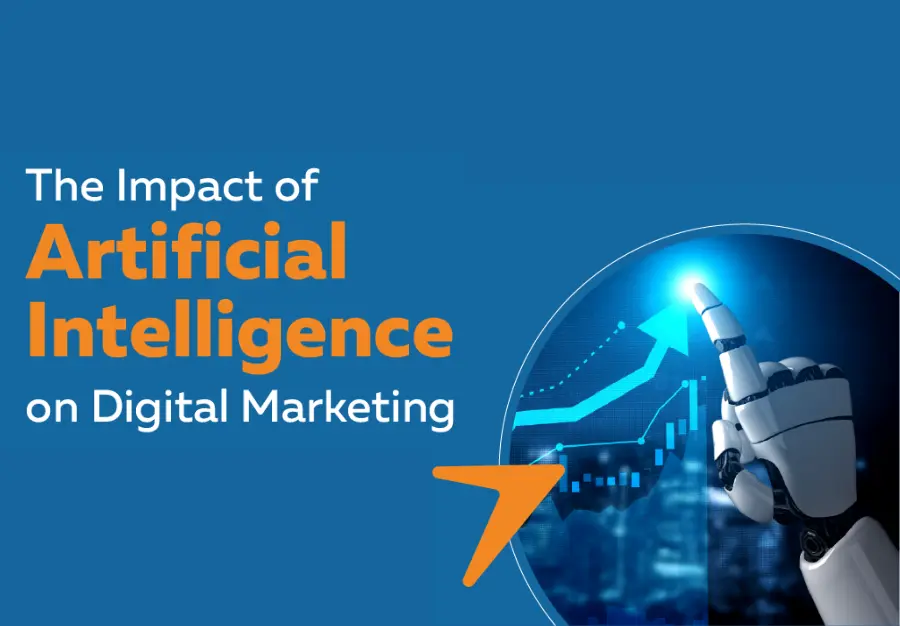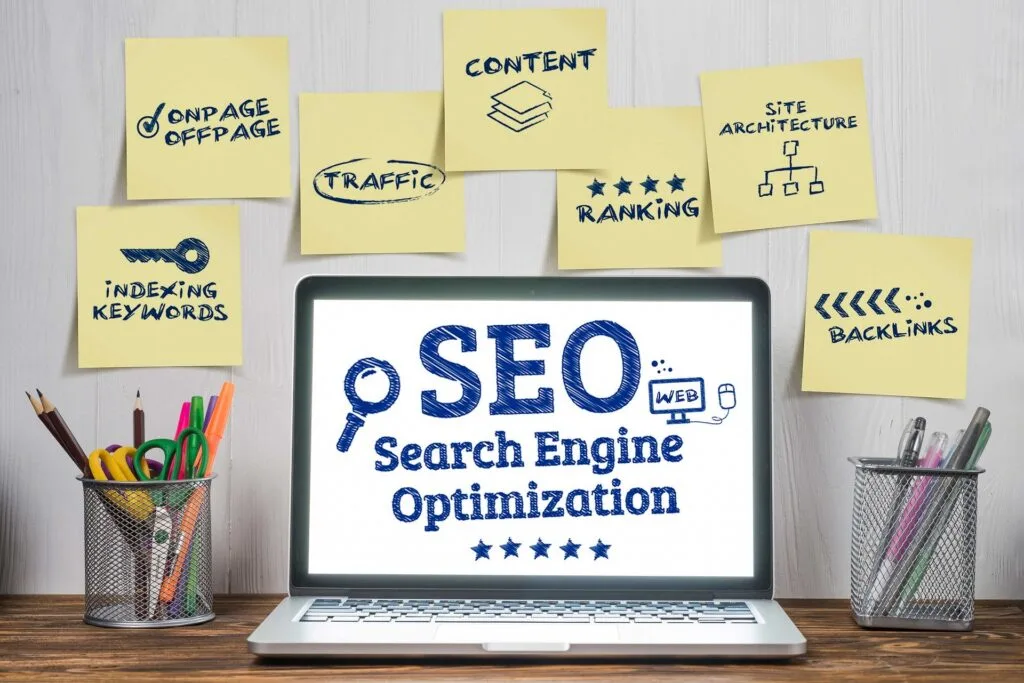1. Personalization and Customer Insights
The capacity of artificial intelligence to tailor consumer experiences is one of the most important effects on digital marketing. AI can recognize trends and preferences in large datasets, which allows marketers to customize offers, recommendations, and content for specific customers. This degree of customization raises conversion rates and improves consumer engagement. Recommendation engines powered by AI, for example, make product recommendations based on user behavior, which dramatically boosts sales and customer happiness.
2. Predictive Analytics
For marketers, AI’s predictive analytics capabilities are revolutionary. By predicting future trends and consumer behavior, these technologies help firms make data-driven, well-informed decisions. Predictive analytics gives businesses a competitive edge in a variety of ways, including anticipating which products consumers will likely purchase, enhancing pricing tactics, and improving inventory management.
3. Automated Content Creation and Curation
Content creation and curation might need a lot of resources. By creating content for blogs, social media postings, and emails, AI streamlines this process and gives marketers more time to concentrate on strategy and creativity. Artificial intelligence-driven chatbots and virtual assistants offer prompt answers to client queries, enhancing customer support and interaction. AI technologies can also select pertinent content to share, which requires less work on the part of audiences to stay informed and involved.
4. Enhanced Customer Segmentation
Precise consumer segmentation is essential for efficient marketing. This is where AI really shines, since it can classify clients according to a range of factors like behavior, demography, and past purchases. Because of this, marketers can create highly targeted programs that appeal to particular audience segments, boosting their efficacy and return on investment.
5. Ad Optimization
To maximize marketing expenditure, ad placement and budget optimization is essential. Artificial intelligence systems evaluate performance data to identify the most effective advertisements for various channels and audiences. AI-powered programmatic advertising automates the ad-buying process, allowing for real-time audience targeting and timely delivery of the appropriate message to the appropriate audience.
6. Improved Customer Experience
Through chatbots, AI dramatically improves customer service by offering round-the-clock assistance. These AI-powered assistants take care of repetitive tasks so that human agents can concentrate on more difficult problems. This increases client pleasure and fosters loyalty. Furthermore, social media posts and reviews can be used by AI systems to analyze client attitudes, giving businesses the ability to better serve their customers and react quickly to criticism.
7. Enhanced Email Marketing
Email marketing is still a potent tool, and artificial intelligence increases its efficacy. Artificial Intelligence can optimize email timing, content, and personalization by studying client behavior. Higher open, click-through, and conversion rates arise from this, guaranteeing that email marketing campaigns produce the most results
8. Voice Search Optimization
Voice search optimization is becoming more and more crucial as voice-activated gadgets gain in popularity. By making material easily discoverable through voice inquiries, artificial intelligence in digital marketing assists marketers in maintaining their products and services’ visibility in voice-driven search environments.
9. Visual and Video Recognition
Marketers can now automate tagging, enhance the searchability of visual assets, and analyze visual content for insights with the use of AI-driven image and video recognition tools. This feature is especially helpful for YouTube and Instagram, where visual content is highly valued.
10. Enhanced Data Security and Privacy
In the digital age, data security and privacy are crucial. Artificial Intelligence in digital marketing assists companies in identifying and reducing security risks, safeguarding client information, and guaranteeing adherence to privacy laws. Businesses may retain their reputation as a trusted brand and foster customer trust by protecting data.
Conclusion
AI integration in digital marketing is opening up new possibilities for effectiveness, accuracy, and insight. Artificial intelligence (AI) is revolutionizing the way organizations interact with their customers. This includes predictive analytics, greater security, and personalized customer experiences. In the digital age, marketers may drive development and success by utilizing these capabilities to not just meet but above customer expectations.



